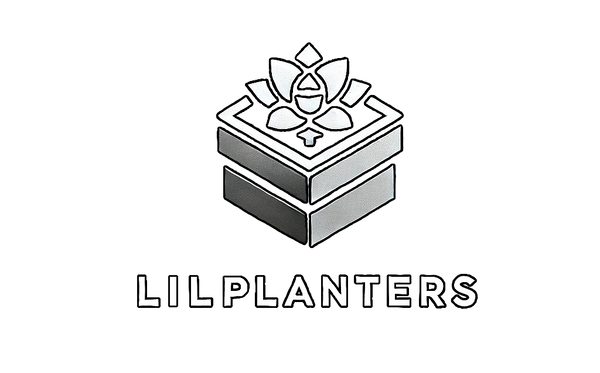Why Cedar?

Cedar wood has long been prized for its natural beauty and remarkable durability. Commonly used in outdoor furniture, fencing, and planter boxes, cedar is a great choice for those seeking a wood that can withstand the elements with minimal upkeep.
One of cedar’s greatest strengths is its natural resistance to rot and decay. This is due to unique oils and compounds, such as thujaplicins, which act as natural preservatives. These compounds help cedar endure in moist environments where other woods might quickly deteriorate. The same oils that guard against decay also make the wood naturally resistant to pests like termites and moths, reducing and often eliminating the need for chemical treatments.
Cedar’s low density and porous structure also contribute to its moisture resistance. These characteristics allow it to regulate moisture more effectively, helping to prevent warping, cracking, and swelling over time. Its durability extends to its performance in outdoor conditions, as cedar withstands exposure to the elements rather well. It resists UV damage better than many other woods, making it ideal for fencing, siding, and garden planters, where it maintains both its strength and appearance for many years. Over time with exposure to sunlight, it will weather to a silver-gray patina when left untreated, which adds character in my opinion, but for those who prefer the original warm tones, sealing or staining can help preserve its natural color.
When harvested sustainably, cedar is a renewable resource that grows more quickly than many hardwood species. It is also biodegradable, unlike plastic or chemically treated alternatives, which means it will naturally decompose at the end of its life cycle. Because of its innate resistance to pests and decay, cedar typically requires no chemical treatments, making it safer for use in gardens and homes.
Cedar’s blend of natural durability, resistance to decay and pests, low maintenance needs, and environmental friendliness makes it one of the most reliable and attractive wood options available for building planters. So naturally, using cedar as lilplanters' material of choice just made sense.
